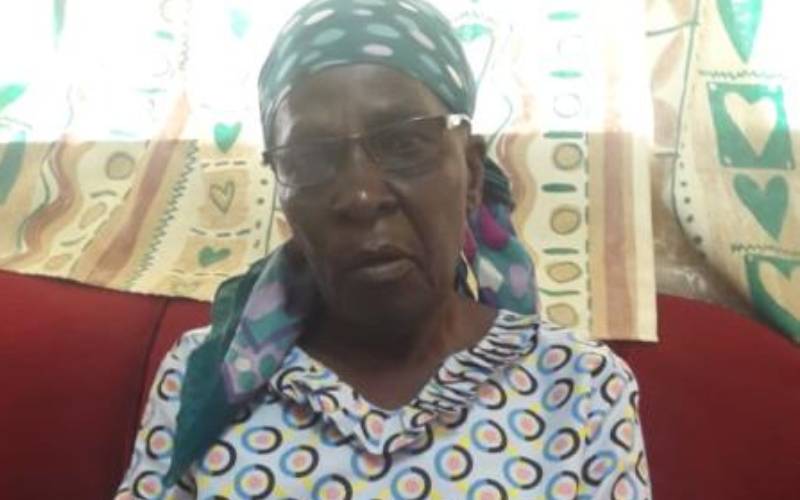×
The Standard e-Paper
Kenya’s Boldest Voice

My mother Ann Arunga battled Covid-19 in the ICU ward of the Kakamega Referral Hospital, where she had worked as a clinical officer before retiring.
At 77 and hypertensive, she precariously hung onto life. Her oxygen levels that were supposed to be over 90 were dipping dangerously to between 40 and 50.